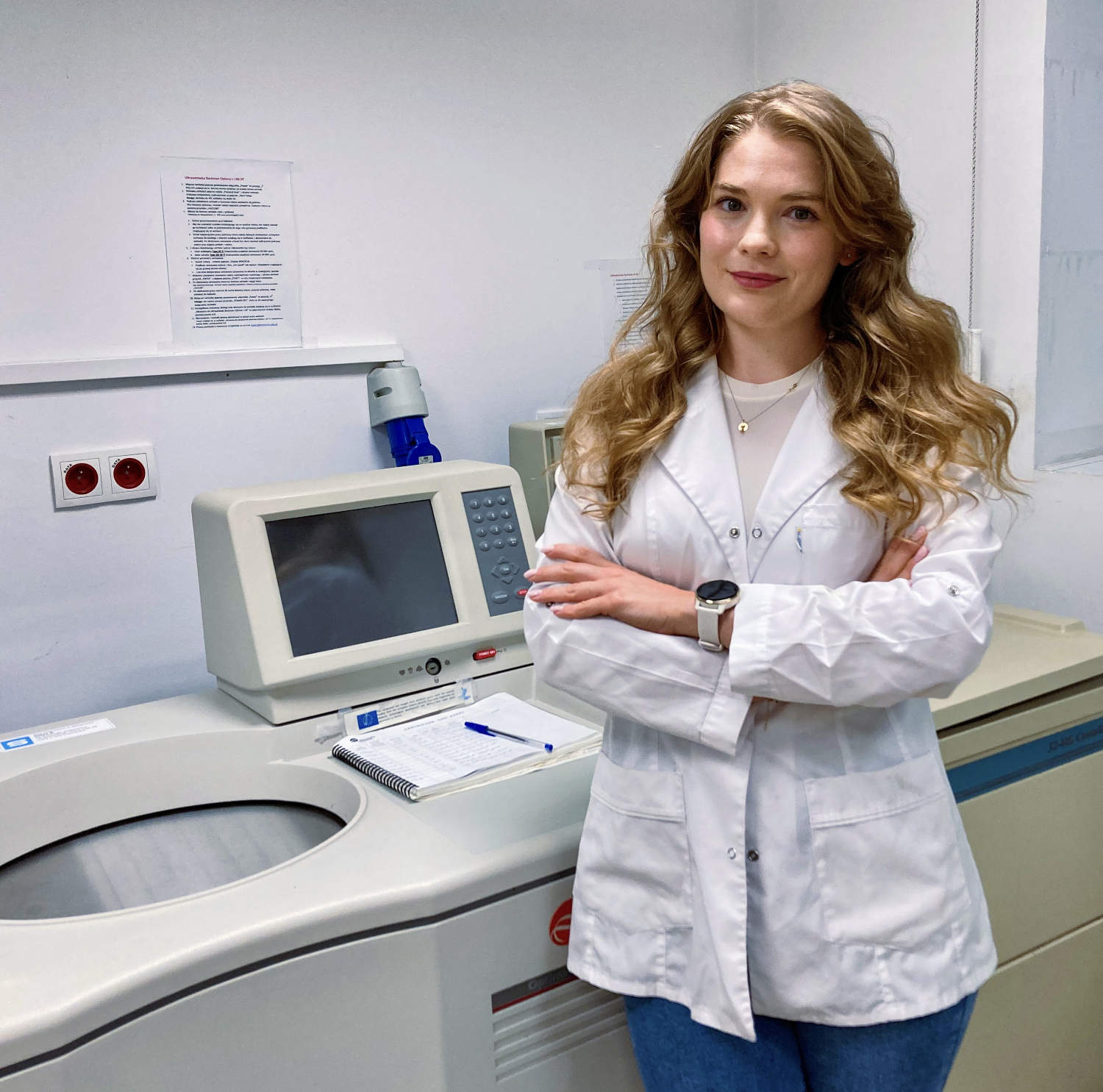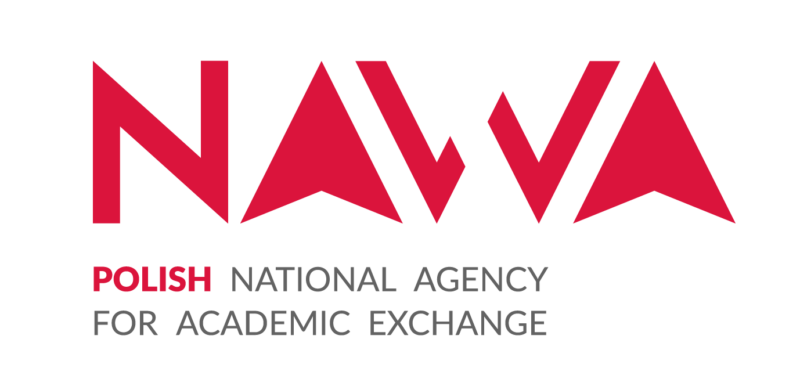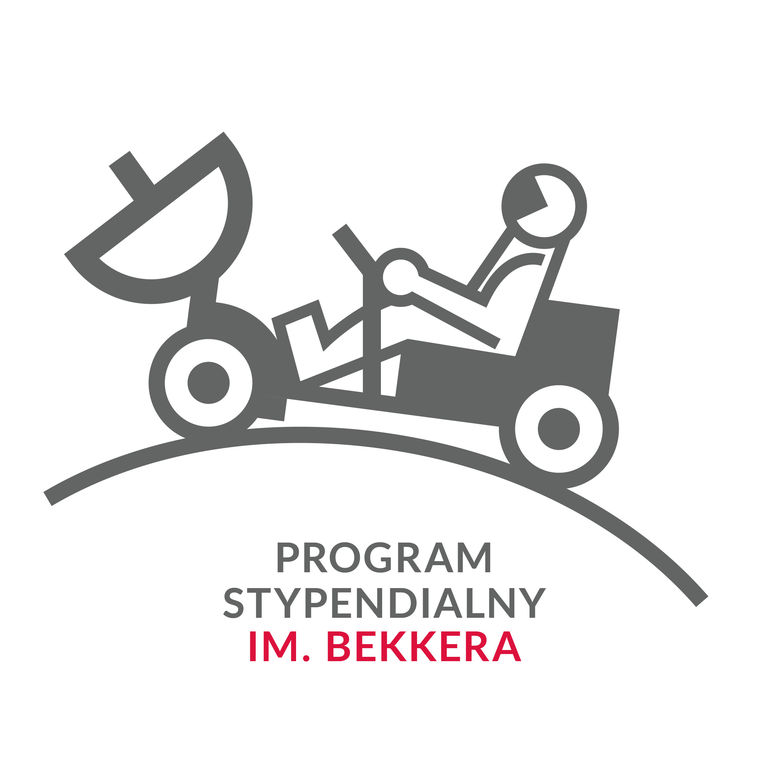
The scientist is among a prestigious group of 100 laureates who will implement their research projects in 23 countries, including the US, UK, Germany, Switzerland and Italy. Dr Guzewska will visit Zurich, where she will continue her research on embryo-maternal communication involving extracellular vesicles at the nanoscale using super-resolution microscopy.
As the announcement from the Polish National Agency for Academic Exchange (NAWA) states – NAWA’s Bekker Programme is an active support for the international mobility of PhD students, researchers and academics in the pursuit of scientific excellence by enabling them to develop their research in foreign research and academic centers around the world, regardless of their field of research.
GOOD PRACTICES, BROADER HORIZONS
Dr Maria M. Guzewska from the Fertility and Development Programming Team will spend five months at the Federal Technical University in Zurich (German: Eidgenössische Technische Hochschule ETH Zürich). In the Animal Physiology Team, led by Prof. Susanne E. Ulbrich, she will continue her research on embryo-maternal communication involving extracellular vesicles (EVs).
– The project, entitled ‘What if everything wraps around extracellular vesicles? Traces of embryo-maternal communication at nanoscale’ will focus on the analysis of interactions occurring during the release, migration and uptake of EVs during embryo implantation in the maternal endometrium at the nanoscale using super-resolution microscopy – explains Dr Maria M. Guzewska. – I will be using the equipment of the Scientific Center for Optical and Electron Microscopy (ScopeM), a central scientific technology platform of ETH Zurich. The use of modern microscopes that enable real-time monitoring of cell viability functions is key to super-resolution image analysis – adds the laureate.
BETTER REPRODUCTION TECHNIQUES
Understanding the mechanisms and mapping the exchange of signals involving EVs, as well as the stages of their selective uptake by cells, is crucial for the further development of reproductive biology and reproductive medicine. EVs play an important role as carriers of molecular information that are involved in communication between the embryo and the mother.
The research may enable the development of novel therapies to aid embryo implantation in livestock species, which is important in improving breeding efficiency and animal health. In the longer term, the results of the research may form the basis for developing solutions to improve the efficiency of assisted reproduction techniques and infertility treatments.
– Prof Ulbrich’s team is well-known for their extensive research on the embryo-maternal communication during early implantation, using large livestock animal models. I consider this opportunity as a natural step in my scientific career, fostering international cooperation, improving my skills and gaining experience, which may lead to new discoveries in the field of reproductive biology in the future – concludes Dr Guzewska.
Congratulations!
Read more about the team’s research into the mechanisms affecting pregnancy success HERE.

